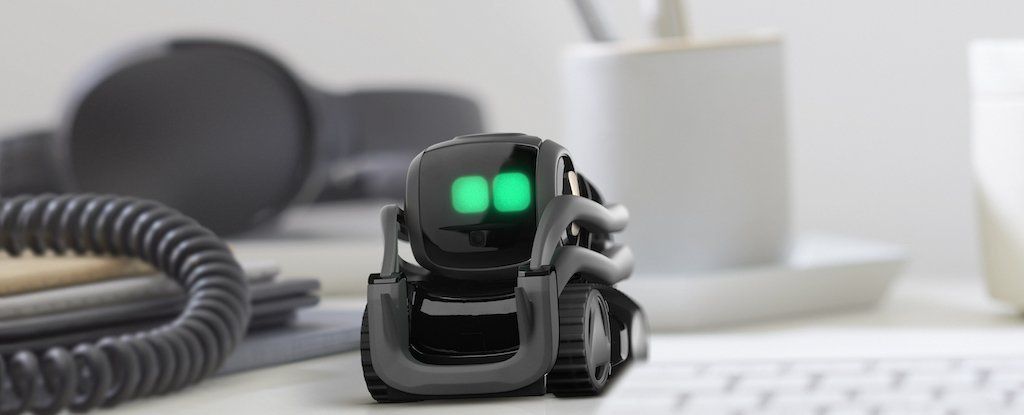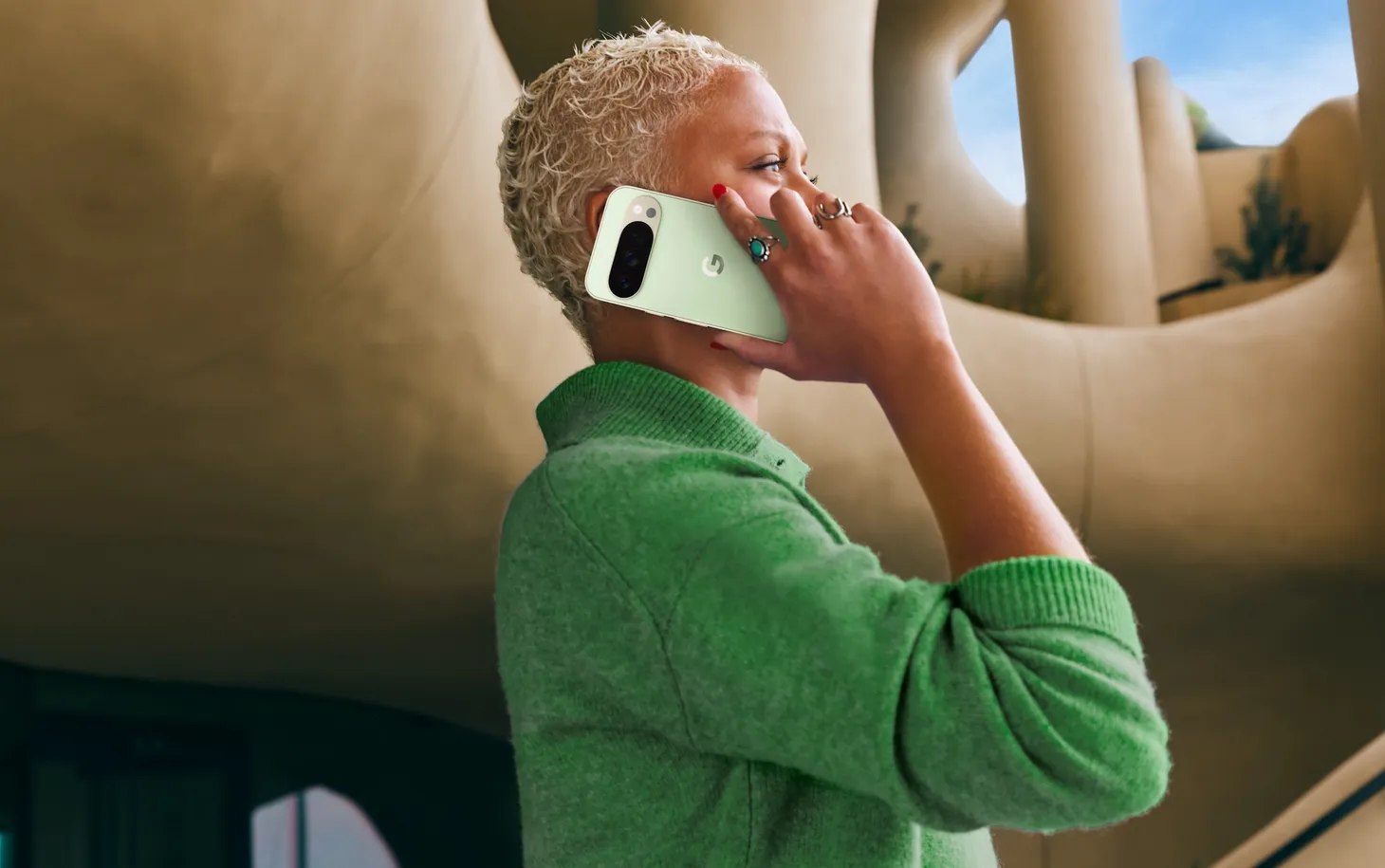Vector: the cute new robot that's half pet, half assistant
We've all dreamed of owning a family robot, but so far it's been toys that spend most of their time in cupboards, or it's been vacuum cleaners.

We've all dreamed of owning a family robot, but so far it's been toys that spend most of their time in cupboards, or it's been vacuum cleaners.
Vector looks like yet another robot toy for kids, but looks can be deceiving. Take that toy you're thinking of but make it a permanent presence that can autonomously hang out on your desk or kitchen bench, and act a little like Amazon's Alexa to boot.
Vector is from Anki, a robotics company with other robot toys already under its belt - Overdriveand Cozmo - and Vector is an evolution on the Cozmo concept that takes that clever robot toy and delivers something more appealing to the everyday lives of adult users.
It looks a lot like a Cozmo, but in sleek blacks and greys instead of loud whites and reds. But they're siblings in looks only.
Under the hood it's running a whole different world of tech hardware to make it more of a voice-activated assistant than a cute programmable robot. Directional microphones, camera, laser guidance, and a processor that's more smartphone than smart toy.
Oh, and it's always connected to a much bigger brain in the cloud that helps it do the real heavy lifting of being a smart digital critter.
I had a hands-on demo of the Vector this week and it's an impressive little creation. Emphasis on little, because the pictures don't always quite convey that Vector can sit in the palm of your hand.
It quickly gives you the friendly feel of a robotic pet, but unlike so many that are driven through an app, Vector is designed to be a constant presence and primarily voice controlled.
The camera I mentioned is used for facial recognition so it can learn who lives in a house and respond to their requests and needs in personalised ways.
The Anki team talks of everything from weather reports to sports result integrations (including cheering on your team when it knows they've scored or won), as well as telling Vector a message to deliver to another member of the house when they next walk by.
It should also get a camera mode so you can check what's happening at home, or get an alert that your kids are there. Smart home integration is also on the cards so it can help control the lights or whatever other clever tricks you've installed around the house.

What's both a caveat and a strong marker of possibilities is that, right now, it's all about potential.
That's not going to convince you to place a pre-order today, but it's important to know Anki's pedigree for delivering constant updates to its products.
Cozmo is a very different beast today than it was when it launched in 2016. It now has an amazing array of programming tools and educational skills on offer, thanks to regular updates pushed out to the hardware - for free.
Vector aims to run a similar path. Talking to members of the Anki team, they're open to the use of platforms like Alexa or Google as integrations - that these platforms are ultimately 'commodities' that don't require wholesale commitment in the core platform.
(I've heard similar from other companies in the past that the voice platform they choose is just a layer, it doesn't have to be one choice that is locked in forever.)
Similarly, things like IFTTT have potential here. As the Anki guys argued, it's the kind of thing that a lot of nerdy people think would be really great and useful, but almost no one actually uses it. But they're absolutely open to exploring these kinds of platforms that simplify integrating digital platforms into theirs.
And an SDK will launch for Vector "early next year" to give power users plenty of room to build their own unique software for Vector, so there's a lot of room for evolution across the wider community of fans too.
There are so many smart choices in the hardware design that speak to the attention to detail from the Anki team. Discussing the choice to keep Vector really small, they point to the many, many issues with making a larger home robot.
Engineering movement in larger devices is hard. And bigger robots can become more intimidating than being truly friendly companions. Even dealing with facial recognition cameras in a device that's 2-feet tall rolling around the floor is incredibly hard and would demand weird behaviours from users.
The likes of the Asus Zenbo and the LG CLOi have remained in the 'concept' realm, showing these ambitious larger companion concepts really are incredibly hard to get working.
But with Vector focused on being happiest on tabletops, its interactions at that scale make sense without needing to learn to do something special or move in an awkward way that suits the device more than the human.
And more than anything, it's exciting to see Vector deliver something real to this awkward space in between Alexa speakers and toy robots. There's a great territory in that gap to be explored, and Vector aims to explore it.
We hope we'll get a unit to test out later in the year when the final models are ready for launch and then we'll see just how much proof is in this robotic pudding.
It's set to hit stores in the US, UK, Australia and New Zealand on October 13, with pre-orders going live now. Prices will be US$249.99, AU$449.99, NZ$499.99 or £249. Depending where you pre-order there's discounts on offer to sweeten the early commitment.
Byteside Newsletter
Join the newsletter to receive the latest updates in your inbox.



